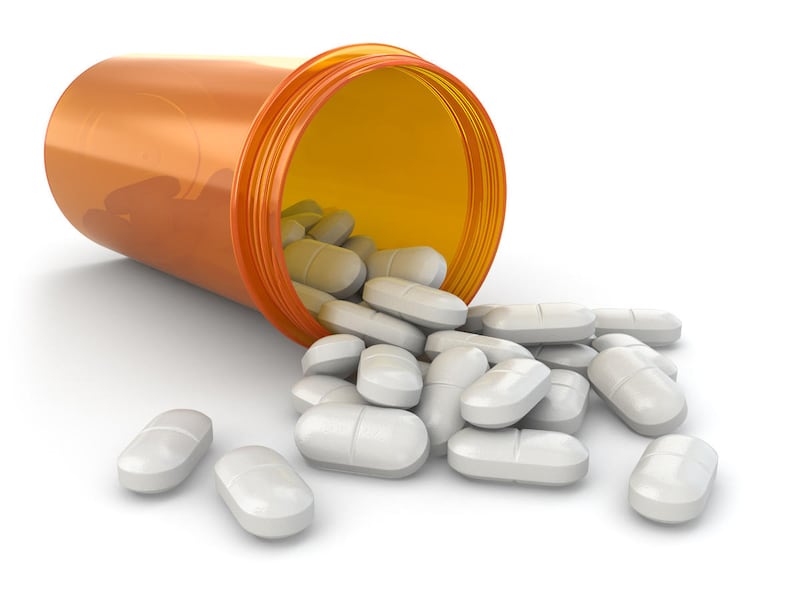A lab in California has possibly found what’s causing some heartburn medications to contain dangerous levels of the carcinogen NDMA, CBS News reports.
In October and again just this week, the producers of Zantac, Sanofi, issued voluntary recalls of the drug. During the first recall in October, retailers Walmart, CVS and Walgreens even took Zantac off their shelves out of concern for customers, according to CNN, but for now the drug is still being sold.
In September, the FDA released a statement alerting the public that a test of samples of the drug ranitidine — the generic name for Zantac — contained an impurity called N-nitrosodimethylamine, often referred to as NDMA.
Following the latest recall, California lab Emery Pharma announced its findings of a possible cause for the impurity. Chemist Ron Najafi told CBS News the study found NDMA was being created when ranitidine was placed under too much heat.
“NDMA in this case ... is not an impurity in the drug, it’s being formed from the drug itself,” Najafi told CBS News.
Najafi advised consumers to avoid keeping the drug in warm places such as cars. But it won’t completely solve the problem, as the drug is likely exposed to heat during transport from manufacturers to stores.
NDMA is becoming an increasing concern in medications. In 2018 the blood pressure medication valsartan, generic term for Diovan, was recalled for the same kind of impurity according to CBS News.
Harvard Health suggests that people habitually taking Zantac or other forms of ranitidine to treat heartburn, acid-reflux or ulcers talk to their doctors about finding alternative treatments.
If you’ve been taking Zantac, FDA researcher Janet Woodcock says there’s no need to panic.
“For most of these contaminants that we’re talking about the level of NDMA ... is not much more than your daily diet, especially if you ate a lot of meat,” she said to CBS News.


